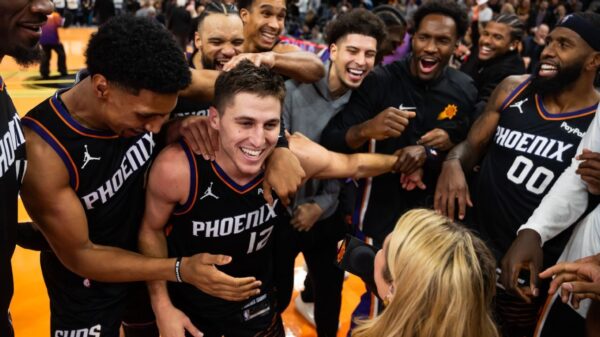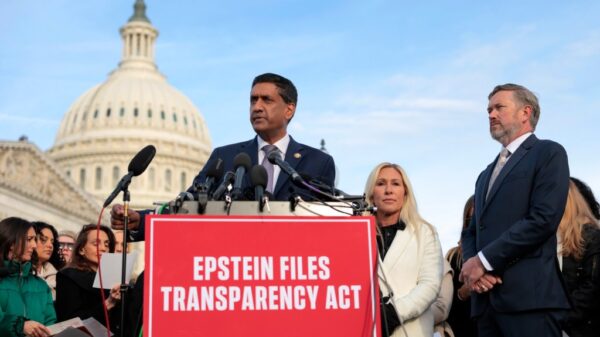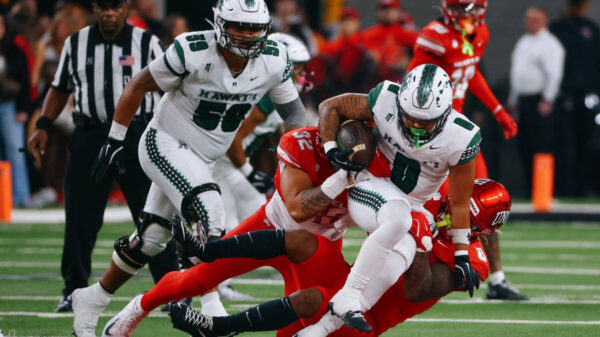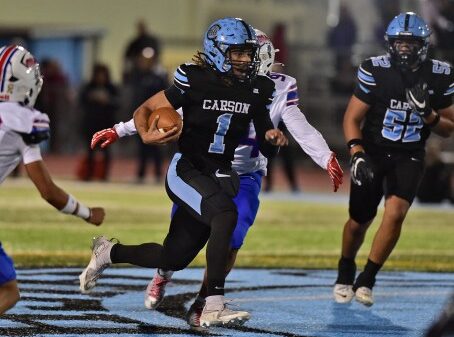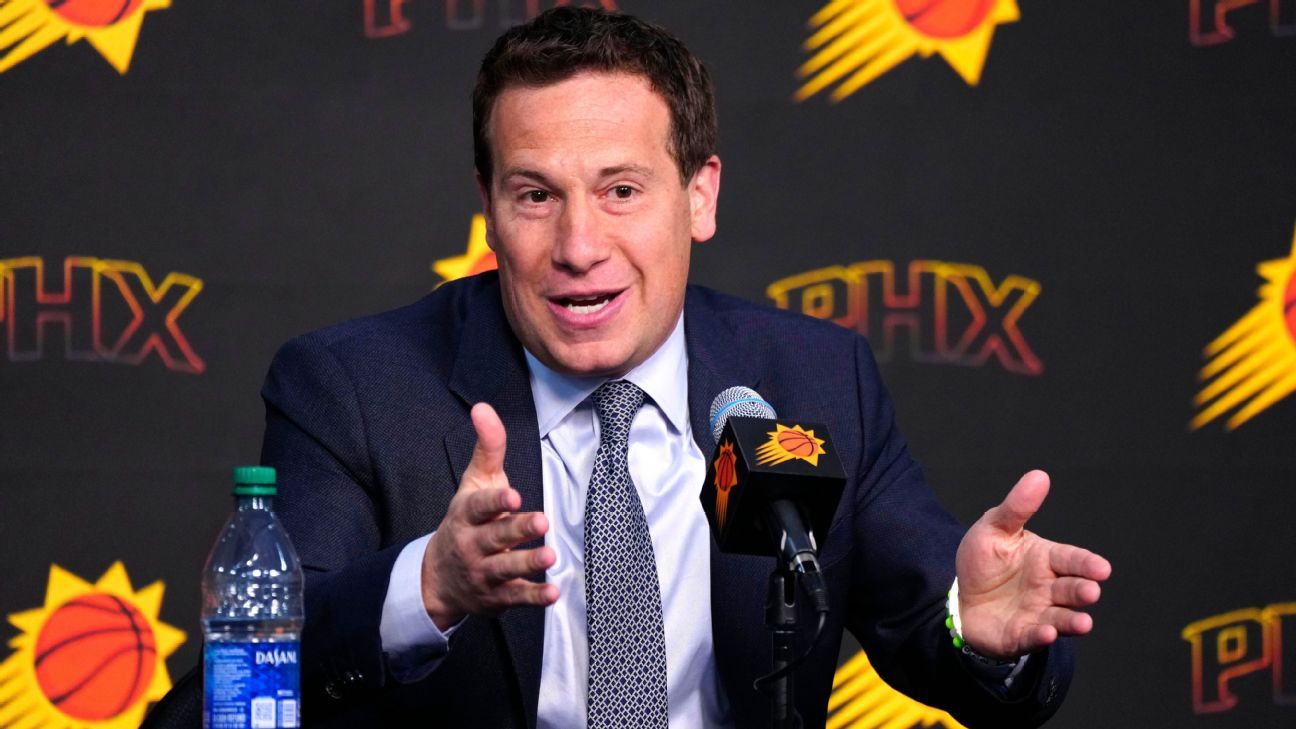BREAKING: The Phoenix Suns and Phoenix Mercury have officially extended their groundbreaking free-TV broadcasting deal, securing over $30 million annually through the 2027-28 season with Gray Media. This urgent development marks a significant rebound for both teams, who previously faced financial challenges after their departure from the bankrupt Diamond Sports in 2023.
Just announced, this two-year extension comes as the Suns and Mercury witness a remarkable surge in local viewership. Reports indicate that Suns ratings have more than doubled, while the Mercury’s audience skyrocketed by an astonishing 425%, reflecting a broader increase in WNBA ratings. Team owner Mat Ishbia expressed his enthusiasm, stating, “It’s been a win-win. It was do right by the fans and get the games more accessible.”
The deal not only restores lost revenue but also establishes a model for other teams navigating similar challenges. The aggressive move to abandon a traditional regional sports network (RSN) partnership was initially met with skepticism, leading to a breach of contract lawsuit from Diamond Sports. However, that lawsuit was settled, allowing the Suns to produce their own broadcasts and distribute them over the air, even providing free television antennas to fans.
As the NBA grapples with ongoing financial pressures from faltering RSNs due to cord-cutting trends, this innovative approach by the Suns and Mercury could pave the way for future broadcasting strategies. Earlier this year, the New York Knicks faced a reduction of $41 million in their local TV deal, highlighting the financial strain affecting many franchises.
Ishbia, in discussions with fellow team owners, hopes this success story can serve as a blueprint for others in the league, stating, “Hopefully, it can be a blueprint for other NBA teams. You do right by the customer and good things tend to happen.”
With 18 NBA teams facing expiring RSN deals in the coming years, the league is actively exploring options for over-the-air and streaming platforms to adapt to the shifting market landscape. As the NBA kicks off a new 11-year, $77 billion national media rights deal, local revenue dynamics are more crucial than ever.
Fans and stakeholders are encouraged to stay tuned as these developments unfold, with the potential for further innovation in how NBA games are delivered to audiences. The Suns and Mercury’s bold moves could indeed signal a new era for sports broadcasting. This is a story that fans will want to follow closely and share widely as it evolves.




